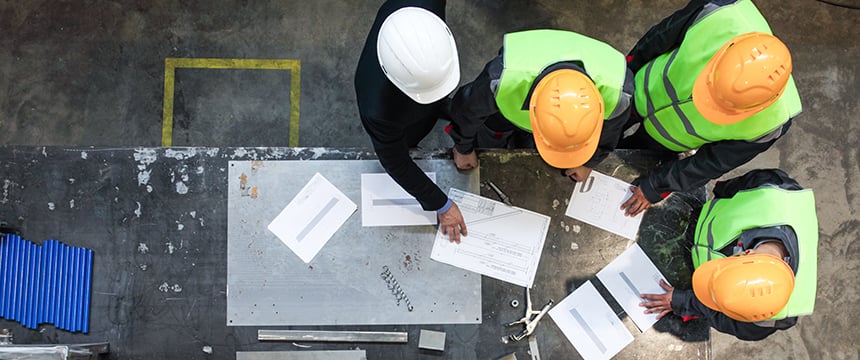Employers Take Note: OSHA Publishes Final “Walkaround” Rules

On April 1, 2024, the U.S. Department of Labor (DOL) published its final rule on who is allowed to be present for an OSHA inspection. The rule becomes effective on May 31, 2024. By way of background, both the employer and employees have the ability to designate a “walkaround” representative to accompany an OSHA inspector on a walkaround of the facility during an inspection by the agency. The new rule clarifies who the employee representative can be.
According to the DOL, the Occupational Safety and Health Act (the “Act”) provides both employers and employees the ability to authorize a representative to be accompany OSHA officials during a workplace inspection. The DOL therefore says the rule is intended to clarify the regulations so as to match its interpretation of the Act and to reflect historic practice as to which workers may be designated as their representative — either an employee or a non-employee.
The only limitation on the non-employee representative is that they be “reasonably necessary” to conduct an effective and thorough inspection as determined by the OSHA Compliance Officer. Under the final rule, to be reasonably necessary the non-employee representative must have skills, knowledge, or experience to assist, including with respect to the alleged hazards or conditions in the specific or comparable workplace, and/or have necessary language or communication skills. The determination of who is an appropriate non-employee representative is left to the sole discretion of the OSHA Compliance Officer, based on those factors.
OSHA also has published FAQ’s for the final rule and further indicates that the representative designated by employees is not required to be a person with formal credentials (e.g., an industrial hygienist or safety engineer). Of particular note, employers have no formal process to object if they disagree with the employee-designated representative. However, employers with an objection to the representative should raise their concern with the OSHA Compliance Officer, who has the authority to resolve the objection under FOM CPL-02-00-164, Chapter 3. The Compliance Officer may address the objection by inquiring about the representative’s knowledge, skills, and experience with the hazard/conditions, including familiarity with equipment, machinery, work processes, and any specialized safety and health knowledge and expertise. The representative is considered reasonably necessary under the final rule when it is determined that they will make a positive contribution to a complete and effective inspection.
Employers are permitted to take steps such as requiring the employee representative to sign reasonable confidentiality agreements and limit the use of confidential information learned during the walkaround, provided those requirements similarly apply to other visitors at the worksite. Neither the employer nor employee representative has the right to be present for private OSHA interviews of employees unless the employee being interviewed specifically requests the presence of the representative.
